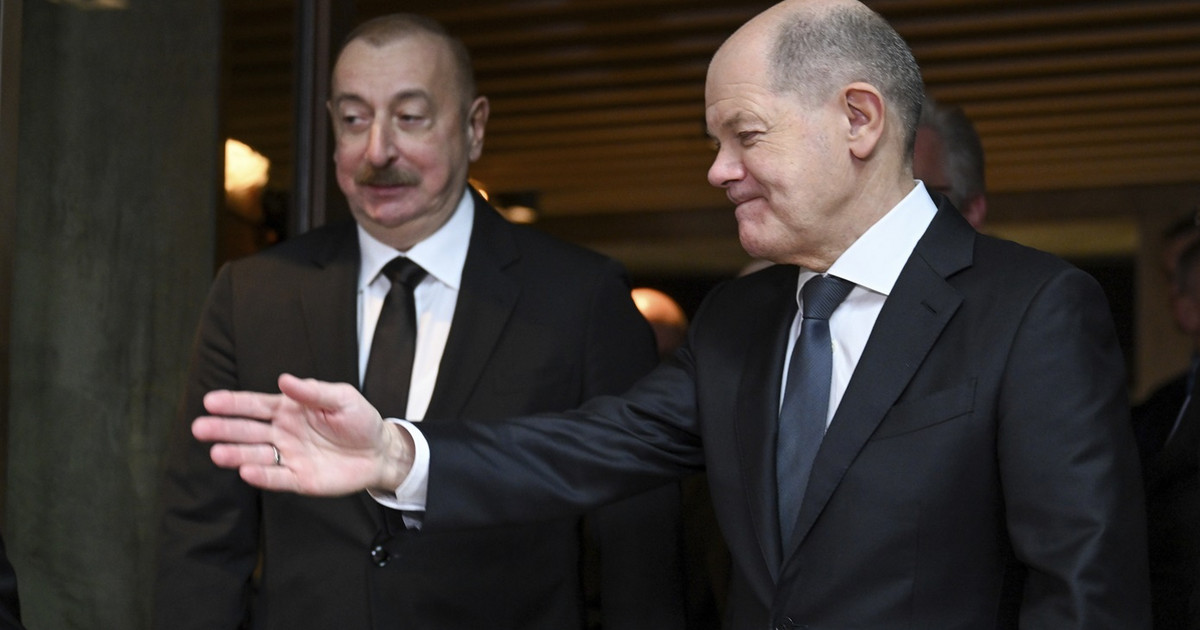At least four public universities in Rio de Janeiro have once again forced the use of protective masks in closed environments, amid the increase in Covid-19 cases in the country.
The most recent edition of the InfoGripe Bulletin, from Fundação Oswaldo Cruz (Fiocruz), shows that cases of coronavirus represent about 59.6% of the occurrence of cases of Acute Respiratory Syndrome (SARS) with viral identification in the country.
In an attempt to contain the spread of the virus, the mandatory mask in closed places has been implemented, over the last few days, by the Fluminense Federal University (UFF), the Federal University of Rio de Janeiro (UFRJ), the Federal University of the State of Rio de Janeiro (UniRio) and the University of the State of Rio de Janeiro (Uerj).
Regarding the sanitary determination adopted by the universities of Rio de Janeiro, the National Association of Directors of Federal Institutions of Higher Education (Andifes) recognized the legitimacy of universities to take measures like these. “Institutions have the freedom to put in place restrictive actions against Covid-19″.
It is important to note that the use of face protection is optional in the state, in any environment.
The movement made by the institutions of Rio de Janeiro is in line with the determinations of the state government of São Paulo, which again recommended the use of facial protection in closed places, starting on Tuesday (31). The measure is a recommendation of the Scientific Committee on the Coronavirus in the State of São Paulo, a body associated with the state government.
According to Marcelo Gomes, researcher at Fiocruz, responsible for the InfoGripe Bulletin, the decision to recommend the use of masks in closed environments is prudent. He explains that the rise in Covid-19 cases is also influenced by the drop in temperature over the last few months.
“The cold wave plays an important role in this growth in cases, because it was a time when the temperature dropped shortly after the easing of restrictive measures against Covid-19. We should keep the measures to avoid the increase during the coldest periods of the year”, highlights Gomes.
Researcher Raphael Guimarães, from the Covid-19 Fiocruz Observatory, says that it is necessary to better understand the scenario that leads to the increase in the number of confirmed cases.
“This increase may be a reflection of the new lineage of Ômicron, or just an isolated peak, like the course of the pandemic itself, which is expected to have some oscillatory peaks until we have a definitive closure of the epidemic curve”, said Guimarães.
Source: CNN Brasil






